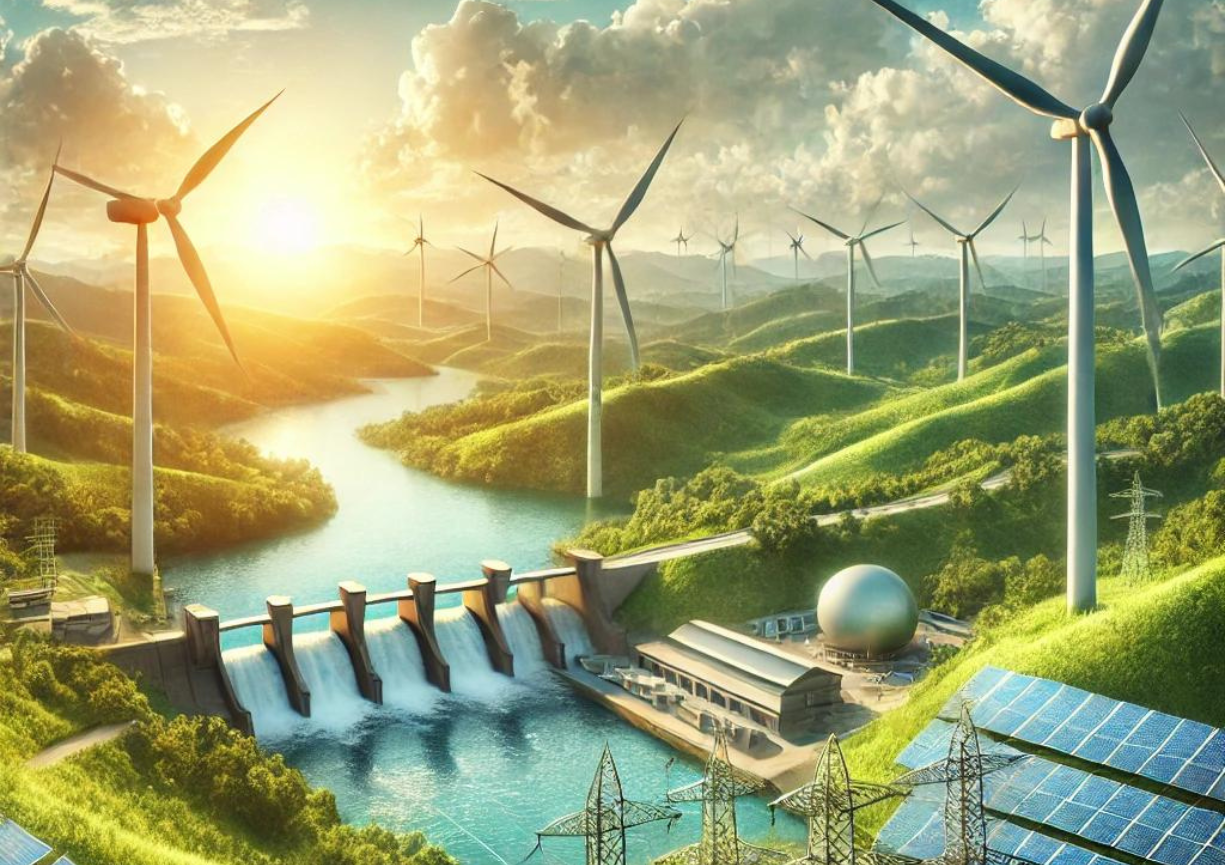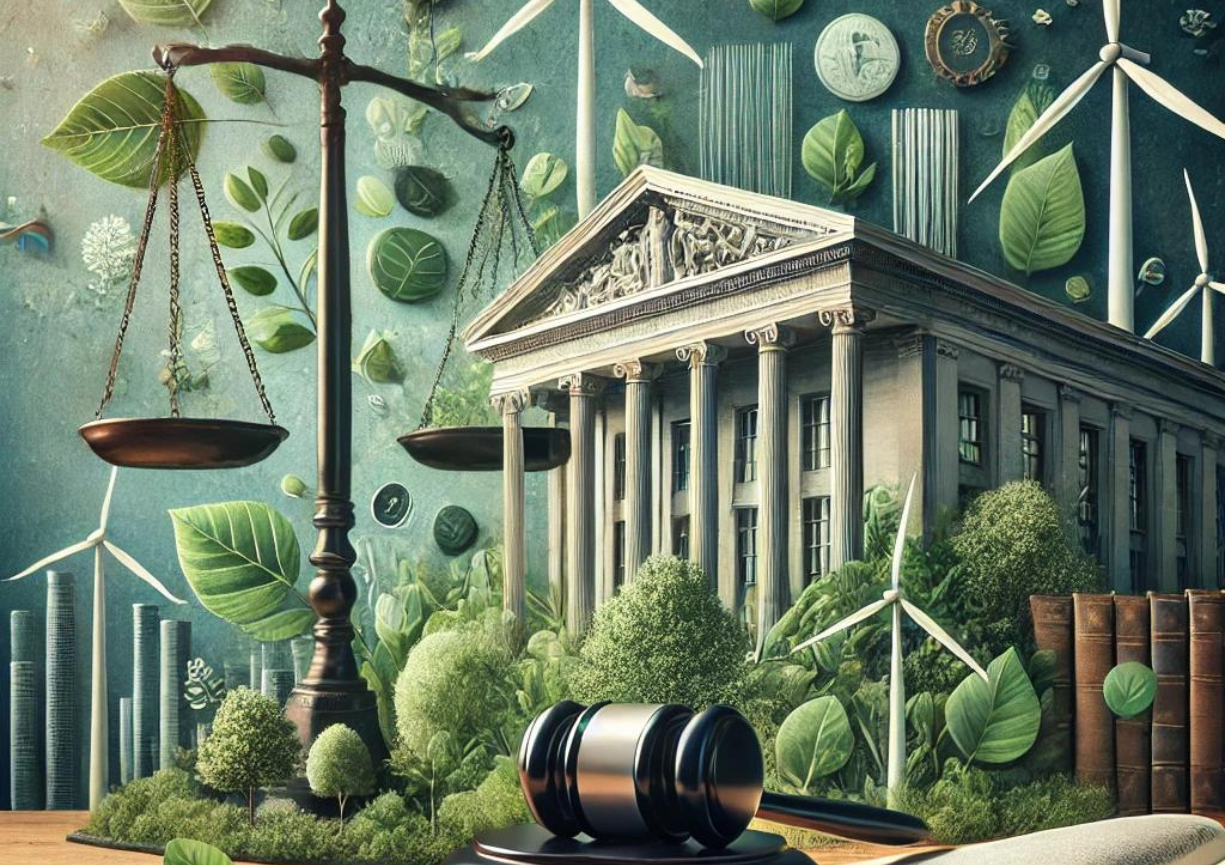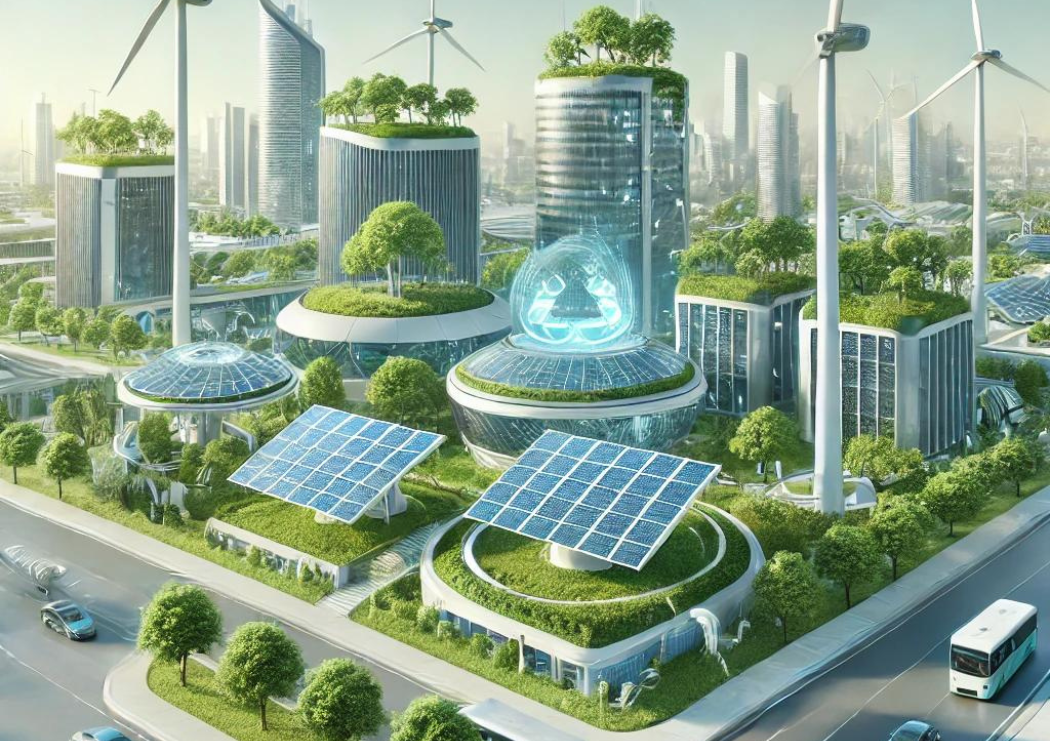Global Warming: The Great Deception
Pinned

Global warming is a widely debated topic, with overwhelming scientific evidence supporting the reality of climate change. However, despite the urgency to address environmental issues, misinformation, political agendas, and deliberate deception have clouded public understanding of global warming.
The roots of climate change misinformation can be traced back to industries with vested interests in maintaining the status quo. Fossil fuel companies, political groups, and media outlets have played a significant role in spreading doubt about global warming. These entities often fund pseudo-scientific studies or manipulate data to challenge the overwhelming scientific consensus.
Here are some of the most common myths used to distort the conversation about climate change:
- Myth 1: Global Warming is a Natural Phenomenon - While Earth’s climate has naturally fluctuated over millennia, the rapid increase in temperatures seen today is largely caused by human activities, particularly the burning of fossil fuels.
- Myth 2: Scientists Disagree About Climate Change - The vast majority of climate scientists agree that global warming is real and primarily driven by human activity. Skeptics represent a small minority, often funded by interests opposed to environmental regulations.
- Myth 3: It’s Too Late to Fix Climate Change - While climate change is a pressing issue, it’s not too late to take action. Significant reductions in greenhouse gas emissions can slow global warming and mitigate its impacts.
Deception is a powerful tool used to manipulate public opinion. Whether through disinformation campaigns, misleading reports, or sensationalized media, climate change deniers have successfully sown seeds of doubt. One of the main tactics used is creating the illusion of scientific uncertainty, even when a strong consensus exists. Additionally, false claims are repeated across platforms, leading the public to believe that there is legitimate debate where none exists.
There are several reasons why the deception around global warming continues:
- Economic Interests - Fossil fuel companies and other industries with significant carbon footprints stand to lose billions if strict climate regulations are enforced. By funding misinformation, these companies seek to protect their profits.
- Political Agendas - Some political groups resist environmental reforms, either due to ideological beliefs or financial ties to industries that contribute to global warming.
- Media Influence - Sensationalist media coverage often prioritizes controversy over facts. By giving equal weight to both climate scientists and deniers, media outlets contribute to the public’s confusion.
The consequences of misinformation are far-reaching. It delays meaningful action to combat climate change, fosters public distrust in science, and weakens global efforts to protect the environment. The longer the deception persists, the more difficult it becomes to reverse the damage caused by global warming.
Addressing global warming requires both individual and collective action, and the first step is cutting through the deception. Here are some ways to push back against climate misinformation:
- Education - Empower people with accurate information and science-backed data. Knowledge is the most powerful tool in countering climate myths.
- Media Literacy - Encourage critical thinking and media literacy to help the public discern between credible sources and misleading information.
- Support Climate Policies - Advocate for environmental policies that reduce carbon emissions, promote renewable energy, and protect ecosystems from further damage.
- Hold Industries Accountable - Demand transparency from corporations and governments about their role in climate change and push for greener practices.
Misinformation and deliberate lies have slowed the world’s response to climate change, putting our planet at greater risk. However, by addressing the myths and seeking the truth, we can take meaningful steps toward environmental sustainability and reduce the damaging effects of global warming.






Leave a comment